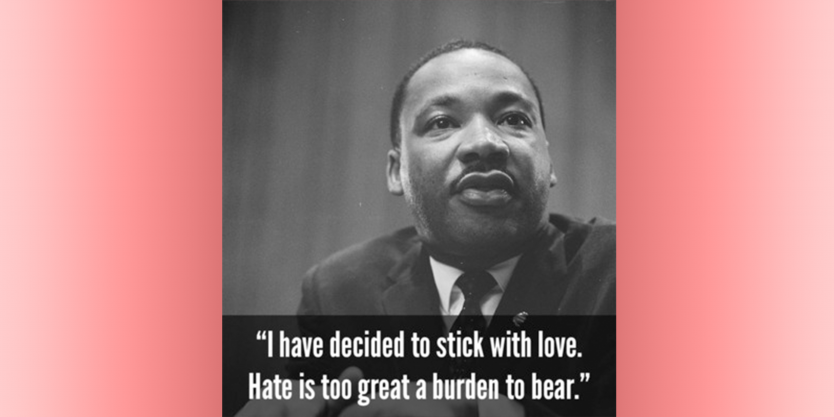As soon as the news broke of the horrific tragedy in Charleston, SC, an editor reached out to me to ask if I would write something to weigh in with my opinion. I was cautious and apprehensive, but I sat at my laptop and shared about the need for us to stop being divisive and instead to listen and collaborate to ensure every voice in this controversial issue to be heard.
I expected a lot of backlash but the response was OK, with only one critic from each faction, including an activist from my very own “camp” of mental health advocacy.
The most important critique was from someone who told me that I had no place in sharing my opinions because I am white. I was hesitant about writing so early in the wake of this tragedy, and now agree that there’s a good reason to stay quiet, but it’s not because of the color of my skin.
The reason to stop speaking is because what we all need to do is hold space and use this moment to sit in solidarity with the community in Charleston. We need to listen and take the lead from these awe-inspiring people who are calling for peace and love. Distracting with talk of flags, mental health, guns, racism and terrorism is our way of defending and trying to make sense of the unthinkable.
The experts on this are the people on the ground who are experiencing this storm of unbearable grief and trauma. We have a lot to learn from them in embracing our “oneness” as the human family. This is not easy to do because it means that we must understand the complex reality that the potential for good and evil, love and hatred lives within all of us.
With this profound demonstration of unity through love and forgiveness, how can we talk about anything else? The answers to all the diverse political opinions that are dividing us as a nation lie in the power and light of the AME church service on Sunday where the community’s only agenda involved worship, faith and love. The answers lie in the words of the granddaughter of Daniel Simmons Sr. to Dylann Roof when she said, “Although my grandfather and the other victims died at the hands of hate, this is proof–everyone’s plea for your soul is proof that they lived in love and their legacies will live in love. So, hate won’t win… I just want to thank the courts for making sure that hate doesn’t win.”
What a contrast that seems to one of the many disturbing moments of the past week when Dylann Roof’s uncle declared that he would like to be the one to push the button to kill his own nephew. Does hate really feel good? It doesn’t seem to move any of us forward towards addressing the deeply rooted societal issues that are literally killing us. While revenge might feel like a quick fix, it only poisons our hearts, minds and souls to keep us stuck in this all too familiar cycle.
The congregants and their Charleston neighbors have shown us a stronger power to change hearts and minds. And they are not alone. A few weeks ago, I sat in the JFK library for the Kennedy Forum conference and Gala led by the leader of our mental health movement, Patrick Kennedy. Kennedy convened the most unlikely group of speakers from diverse political groups where unification and hope were palpable. It was the closest thing to peace on earth that I have ever experienced. One after another, we listened to riveting speeches from leaders on opposite ends of the political spectrum. Martin Luther King lll, Newt Gingrich, Wayne Brady and Patrick Kennedy inspired us through unprecedented collaboration with all judgment suspended for the common good. The power of this type of unified focus is what we need.
These tragedies are becoming far too common, but the silver lining is that the momentum of effective activism is building. This incident in Charleston is not the first time that we are seeing this type of radical humanity. The Marquez-Greene family, who lost their daughter Ana Grace in the Sandy Hook tragedy, approached their life after the unfathomable horror with the philosophy that “Love Wins.”
While some may choose this moment to talk about the death penalty, the revolutionary Marquez-Greene family and people of Charleston have shown us how to choose love over hate, forgiveness over revenge, and, most of all, life over death!







